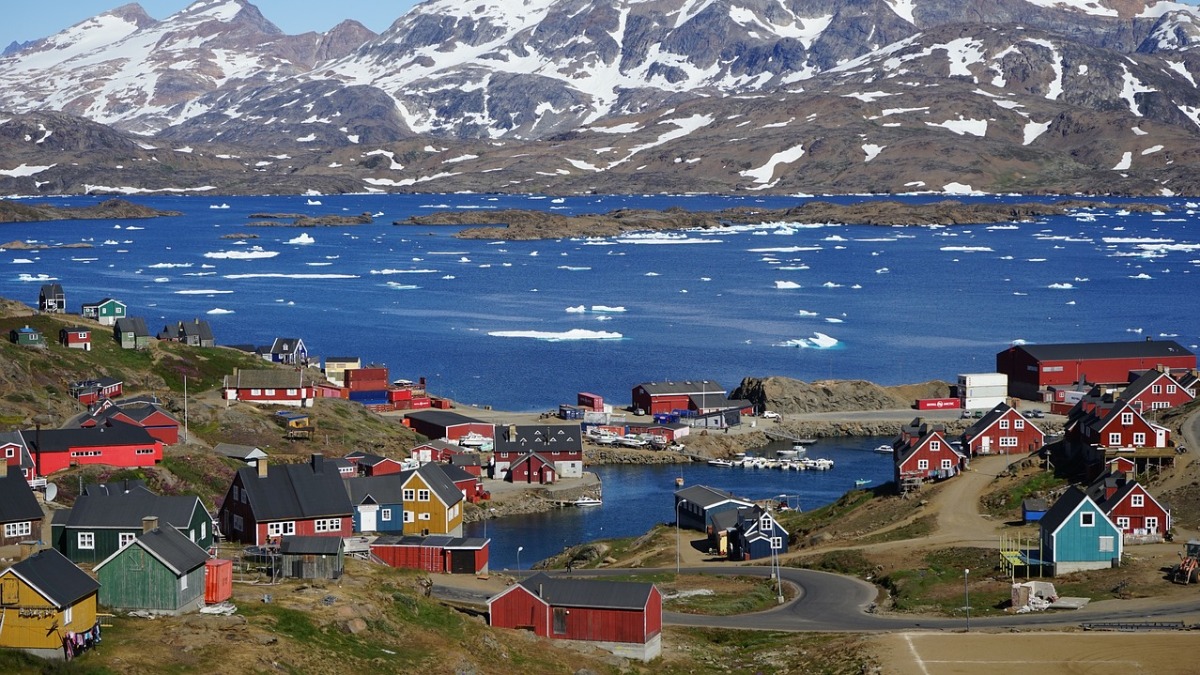Human-induced climate change has caused a significant rise in temperatures on Greenland and Iceland during May, with record highs raising concerns about the consequences of Arctic ice melt. Greenland’s ice sheet is melting much faster than usual, potentially slowing the Atlantic Meridional Overturning Circulation and altering global climate. Consequences include rising sea levels, threats of flooding in low-lying coastal areas, and destabilization of local communities. This heatwave has extended the ice melt season, highlighting the urgency of climate action.
Political Perspectives:
Left: Left-leaning outlets emphasize the human causes of climate change and the urgent need for global climate action. They highlight the environmental and social consequences of the ice melt, including rising sea levels and threats to indigenous communities, framing the issue as a call for systemic change and environmental justice.
Center: Center-leaning sources report the facts about the record temperatures and melting ice with a focus on scientific findings and potential global climate impacts. They present the information in a balanced manner, stressing the importance of monitoring and international cooperation to address climate change.
Right: Right-leaning articles may acknowledge the temperature records and ice melt but often emphasize uncertainties or downplay the immediacy of the threat. They might focus on economic impacts of climate policies or question the extent of human influence, advocating for cautious approaches to climate regulation.








